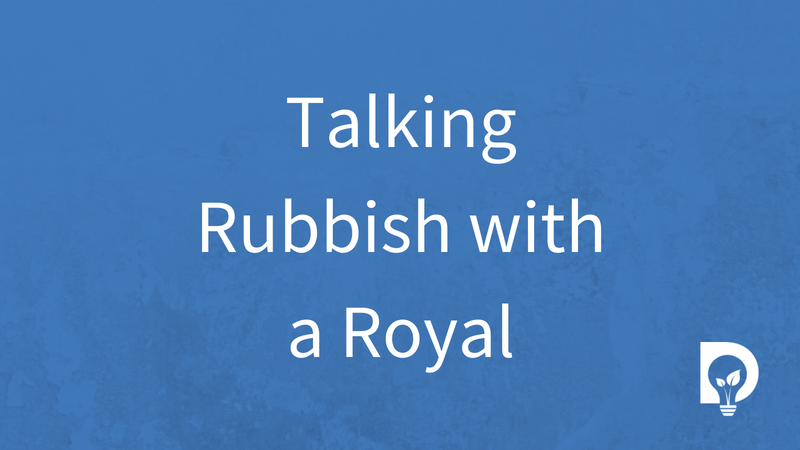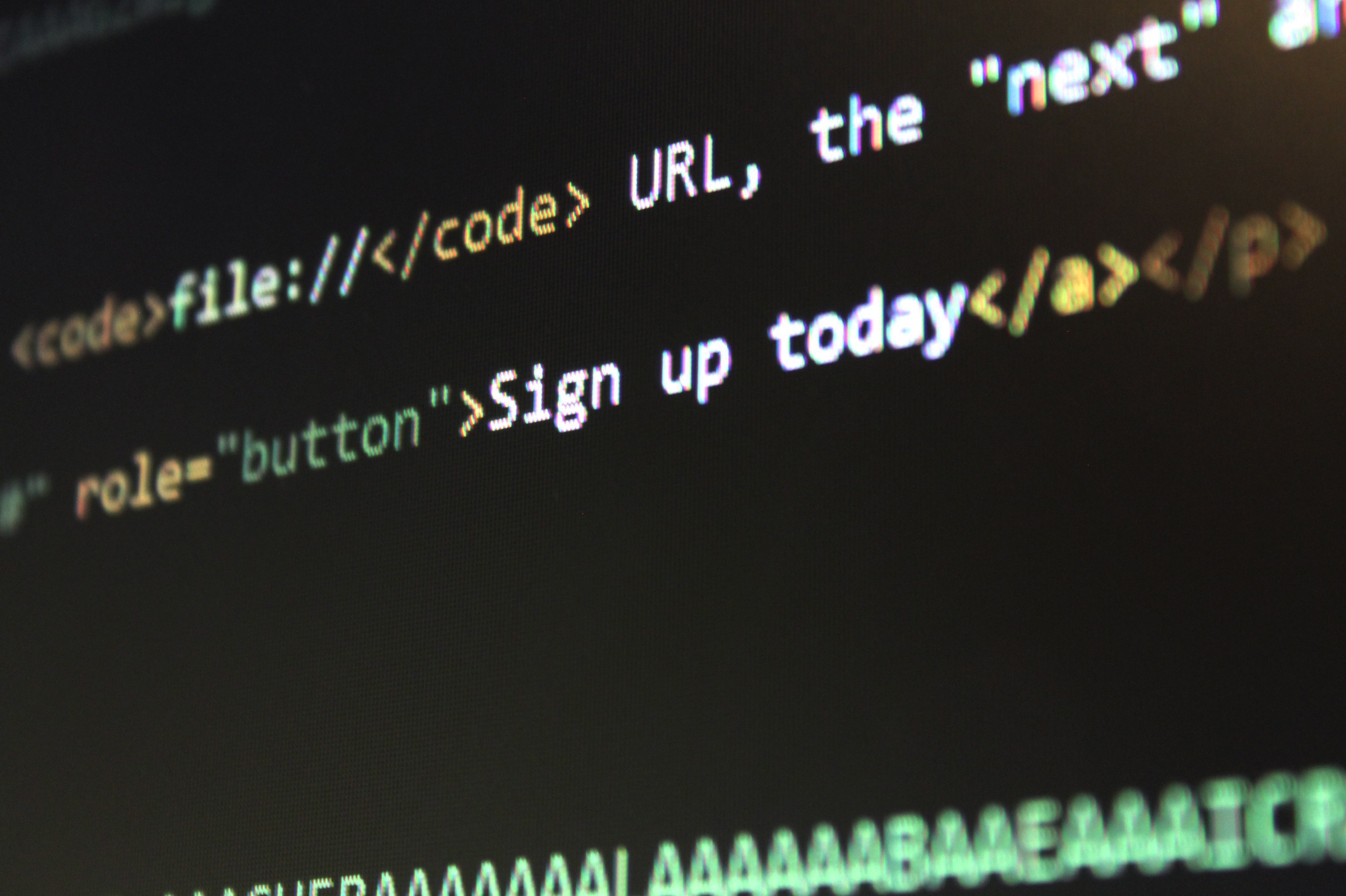There’s a lot of talk about data these days and it has often been lauded as ‘the new oil’. This is mostly due to the enormous potential value of data. There are obviously a number of ways that data and oil are not at all alike, but it is still an interesting analogy not because of the lucrative likeness, but that there are other similarities that tell a more cautionary tale. That by allowing such a resource to be controlled by a small number of corporations driven by profit we potentially leave ourselves to go down the same paths we have with oil, where data becomes another misused resource that benefits the few not the many.
It’s been estimated that the data economy in Europe alone reached a value of over €335 billion in 2017 and is projected to continue to grow significantly. And it’s not just the value of the data itself, but what access to that data can enable and how if we allow too much data to accumulate in the hands of private companies whose priority is profit we risk not being able to use data to empower and benefit the whole of society.
Data is Power
Because data means knowledge and knowledge equals power. Good data that is. Poor quality data that is unreliable and badly structured is just a bunch of information that is of little value to anyone. Good data on the other hand that is in a form that means you can interrogate it, manipulate it, analyse it, learn from it and combine it with other datasets, can transform business processes, increase profits, improve effectiveness and efficiencies, and promote competition and innovation.
Waste data is notoriously terrible: patchy, unreliable and siloed. When we speak to people from other industries, they are amazed that we don’t have comprehensive data for C&I waste. I’m shocked that local authorities seem to have to complete a number of different reports and surveys which seem to mostly cover the same information. And I have countless examples of people struggling to access the most basic data to guide them to do the right thing with their waste.
Open Data is Open Power
I also have a few examples of where Open Data has allowed innovations which have benefitted people and communities when it comes to waste, for example the Leeds Bins App. It’s a simple app that reminds people when their bin day is and a bit of other basic bin-related info. As it says on the site “This can happen only because this city is open. Its neighbours, its people, and its businesses support…the idea of being open with data and open to innovation.” The app is extremely popular in Leeds. When the people behind it developed it, they envisaged being able to roll it out to all councils that wanted it. Unfortunately, it turns out that a lot of local authorities don’t own the data around the bin schedules and can’t afford to buy this data back off their waste contractors and there’s an added complication around the postcode data so sadly only a small number of councils have been able to make use of the app. But shouldn’t the data around bin schedules belong to all of us, after all those services are paid for with tax payer money and wouldn’t it be great if it was gathered in a standard format and published on the internet for anyone to use, interrogate, amalgamate and work with?
The concept of Open Data can cause alarm bells to ring when people misunderstand what Open Data actually is. It does not mean publishing sensitive, identifiable data. The fact it is possible to have Open Health Data which does not breach the NHS’s strict information governance protocols proves this. NHS England state “By releasing health data and structuring it for usability and computability (all while protecting privacy) governments and healthcare organisations can use the power of open data to improve the quality of care, lower healthcare costs, and facilitate patient choice.” So releasing Open Waste Data does not mean giving away commercially sensitive information or revealing what I put in my bins, but it will promote transparency, collaboration, innovation and efficiencies which given the climate emergency we’re in the midst of is vitally important. We must work together as an industry and as a wider stakeholder community of waste producers to develop an Open Data infrastructure which supports resource efficiency and minimises waste.
Smart Waste Data
Dsposal recently carried out a feasibility study for Defra as part of the GovTech Catalyst Smart Waste Tracking project. There are many benefits to digitally tracking all waste transactions, not least in enabling us to gather this valuable data. Luckily it is entirely possible to develop a digital waste tracking system that improves data capture, makes it easier for the regulators to have oversight, minimises administrative burden on waste producers and waste companies and helps us to transition to a Circular Economy. But the new system must go much further than digitising the current system: simply digitising the paperwork won’t work. We need to digitalise the entire waste ecosystem and that means we need to lay the right foundations to ensure that the system works for everyone and does not become prematurely obsolete. [Digitisation and Digitalisation are often confused and it’s worth being clear on the difference. A good example of digitisation is turning a CD into an MP3 by uploading it to your computer. Digitalisation on the other hand is the total revolution that’s happened in the music industry with the advent of services like iTunes and Spotify.]
Technology is developing at such a pace these days we can’t know what will be the norm in 5 years, so we need to make sure the system is built with flexibility and resilience at its core so it can evolve and adapt. The waste industry is coming late to the tech party in some ways, but that means we can learn from the mistakes in other sectors and build something that avoids those previous pitfalls.
Data Giants
Stories of tech giants like Facebook, Google and Apple effectively running monopolies that are now so powerful they are hard even for nation states to take on are all too common these days. The government recently commissioned the Furman Review into improving competition in the digital sectors and whilst waste can hardly be considered in the digital sector, with data and digitalisation affecting almost every industry many of the recommendations are relevant more broadly.
Waste Crime
With serious and organised crime group’s involvement in waste crime steadily increasing, and with the cost of waste crime equating to almost a tenth of the gross value of the industry in the UK, we need to protect any new system from being abused by these criminals. Openness, transparency and collaboration are important defences against this abuse, whereas monopolies and their closed data sets can be susceptible to corruption (see any story about Facebook data and election rigging).
The recommendations in the Furman Review include the need to develop more Open Standards, such as the Open Banking Standard which has transformed the banking sector allowing a whole host of financial apps and services to flourish; this drives innovation, boosts the economy and provides the consumer with better services. Developing Open Standards means that everyone knows the rules of the game and can choose to participate. As the Government have set out in their Open Standards Principles:
“Open Standards are one of the most powerful tools we have to open up government. They make it possible for the smallest supplier to compete with the largest. They make data open for any citizen to audit. They unlock the transformative power of open source software.”
Data is a Resource
Building the new system on a foundation of Open principles bakes in the resilience and adaptability we need to create a flourishing tech ecosystem that serves the many varied needs of all the actors in the waste industry and minimises the harmful effect that unscrupulous operators can have. Digital transformation of our sector is happening, it’s up to us to come together and champion the Open route if we want a system that supports and empowers everyone in the waste and resources chain from the waste producer to the terminal step. This is a golden opportunity to avoid repeating history and instead opt to open the market up and level the playing field so that whether you’re a sole trader, a family firm or a multinational corporation you can reap the benefits of a new way of doing things, driven by open data and digitalisation. Data is a resource that we all play a part in developing, unlike what’s happened with oil, we should all reap the rewards.
Sophie Walker is the COO and Co-Founder of Dsposal who build integrated digital tools to turn rubbish into resources.
First released in the July 2019 edition of the http://www.recyclingwasteworld.co.uk/ magazine (page 26). Online edition available at http://www.recyclingwasteworld.co.uk/in-depth-article/data-mapping-shared-is-a-problem-halved-open-source/217241/


